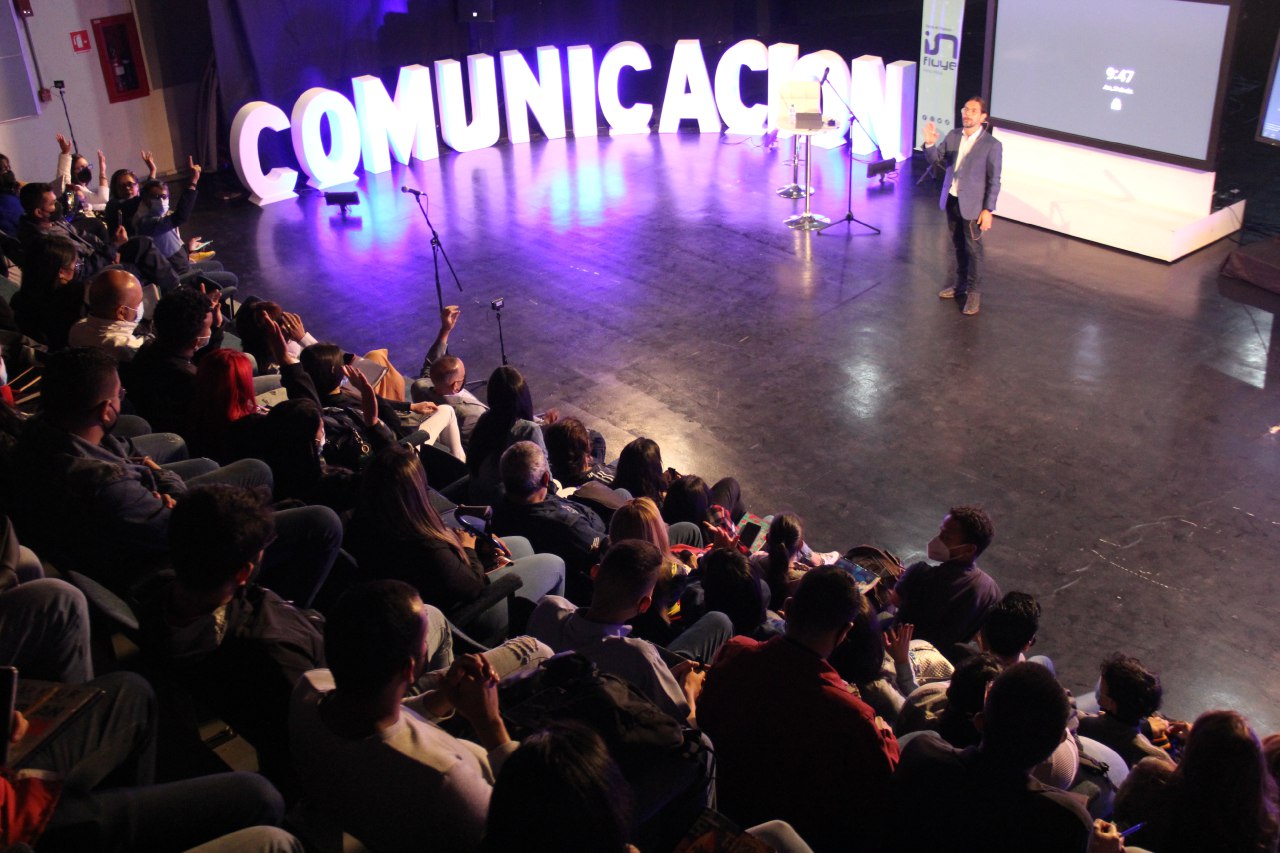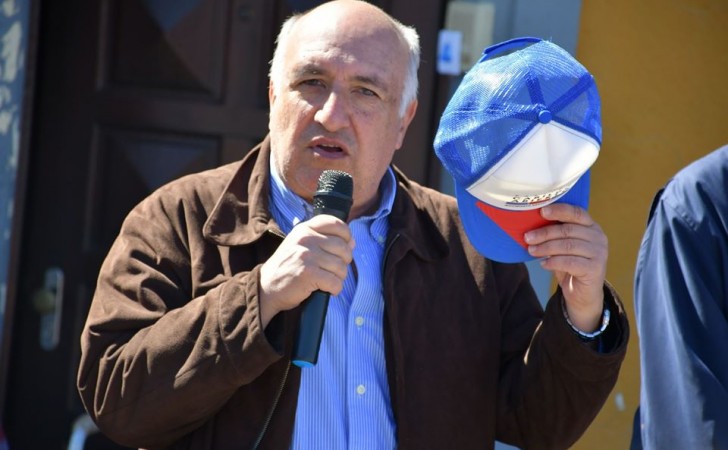Yesterday, the sector vice president of Communication, Culture and Tourism, Freddy Ñáñez, led the New Technologies, Use of Tik Tok workshop, which is part of the 3R.Nets Communication forum.
“We continue to strengthen communication in our country towards the new era,” said the Minister of Communication and Information.
At the event, held at the Bolívar Theater in Caracas, the Vice Minister of Planning and Communication Strategy of the Ministry for Communication and Information, Edgar Padrón, addressed the fundamentals of institutional political discourse.
For her part, the head of the Social Networks Division of the Venezolana de Televisión Multimedia Management, Jiusembel Chirinos, gave a tour of the importance of new technologies and the use of the Tik Tok network.
The forum was created as a space to discuss communication theories in the perspective of the change of era in the country.
With these activities, advances in communication continue, thanks to the policies implemented by President Nicolás Maduro through the team of professionals and popular communicators, at the three levels of government, to defend the truth of Venezuela.
Knowing the lock
On the other hand, the Vice Minister of Anti-Blockade Policies, William Castillo, gave a workshop on unilateral coercive measures to communicators from the Ministry of Economy and Finance and the Vice Presidency in order to strengthen our tools to face this battle, which is also communicational.
“Having tools to dismantle the media story that has been built about Venezuela is the objective of this workshop, not only to denounce, but to advance and demonstrate the achievements of the Venezuelan people in these 7 years of a criminal blockade,” he said.
He exhorted communicators to “be consistent, tell our story, dismantle the communication matrix that has been built around the true Venezuelan reality.
The Venezuelan people have resisted and we have a duty to make these achievements visible.”
He recalled that, against Venezuela, the United States has issued 502 sanctioning measures, “of which 352 are direct sanctions from Ofac and 152 measures that are restrictive and punitive.”
The latter include the overcompliance of such measures by economic and financial entities, which is added to the closing of accounts, seizures of embassies and openly criminal acts such as the theft of Venezuelan gold by the Bank of England.
Today, Castillo will be at the Ministry of Industries where he will explain the impact of the sanctions on the economy and the country.
“We are advancing in the training of our officials because to overcome the blockade you have to understand it,” he said.
Likewise, the also director of the National Observatory of Unilateral Coercive Measures held a meeting with the rectors of the International University of Communications (Uicom), Tania Díaz and Fernando Buen Abad, with whom he outlined projects that allow a wide dissemination of the impact that the nation have the sanctioning measures imposed by the United States.
The directors agreed to emphasize the dissemination of an anti-blockade narrative, which allows breaking the media siege and combating the distorted opinion that is sought to be projected internationally.
The rector and journalist Díaz expressed her intention that the information that the observatory offers through its website becomes study material for Uicom students.








